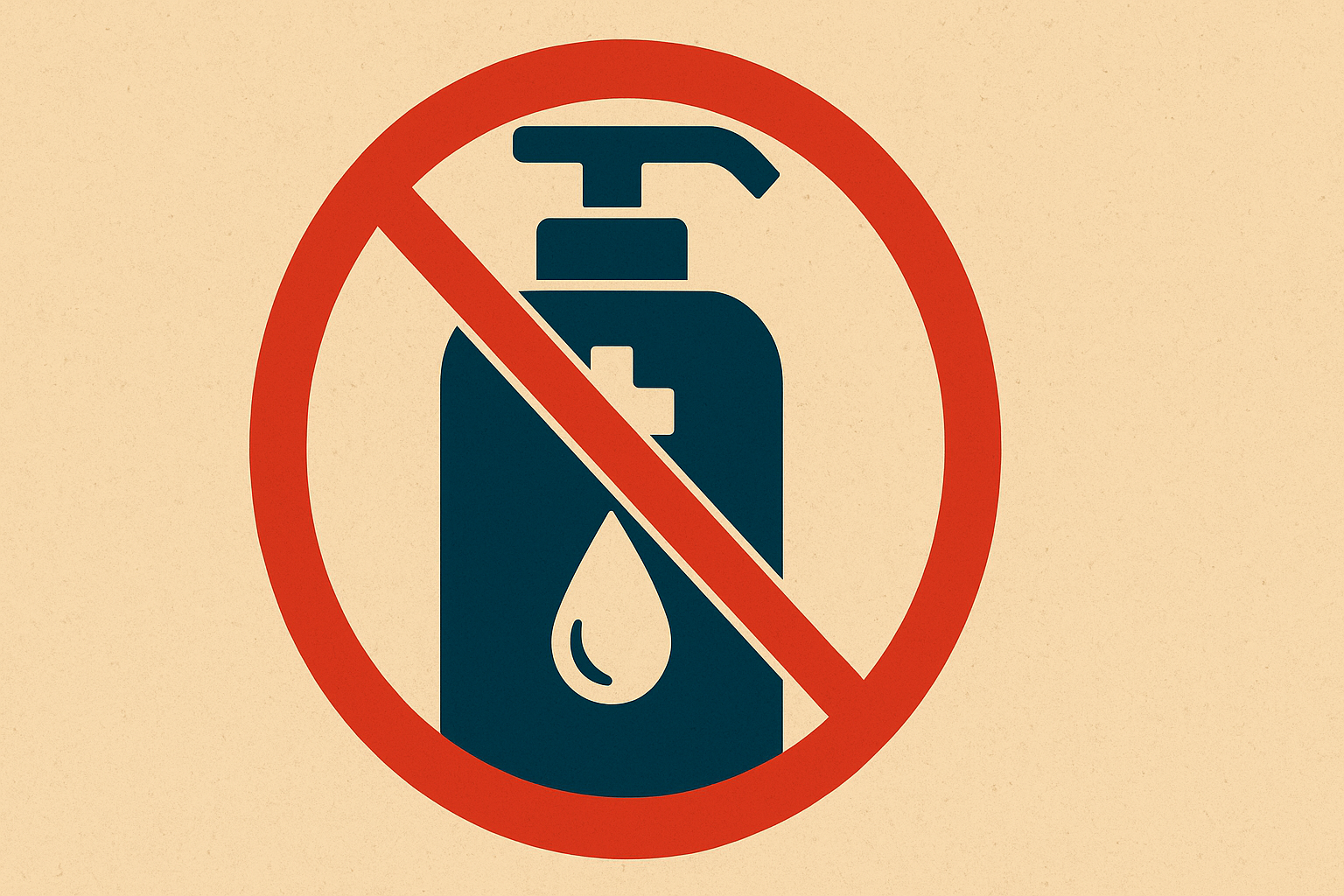The European Union is weighing a proposal to classify ethanol—a key ingredient in hand sanitisers and disinfectants—as a potentially carcinogenic substance, sparking widespread concern across the healthcare and cleaning industries. The move could effectively lead to a ban on many alcohol-based products that are vital to infection prevention in hospitals, clinics, and homes across the continent.
Ethanol Under Scrutiny
The debate stems from an October 10 internal report by a working group within the European Chemicals Agency (ECHA), which suggested that ethanol increases the risk of cancer and pregnancy complications and should be replaced in cleaning and hygiene products. The agency’s Committee for Biocidal Products is scheduled to meet between November 24–27 to evaluate the classification. Its recommendation will then go to the European Commission, which will make the final ruling.
Ethanol—commonly referred to as ethyl alcohol—is the active component in most hand sanitisers, widely used in hospitals and public facilities. It has been on the World Health Organization’s list of essential medicines since the 1990s and is a cornerstone of infection control strategies globally.
Hospitals Warn of “Huge” Impact
Healthcare professionals have warned that restricting ethanol would have devastating consequences for infection prevention efforts.
“The impact on hospitals would be huge,” said Alexandra Peters of the University of Geneva and the Clean Hospitals network. “Healthcare-associated infections kill more people globally every year than malaria, tuberculosis, and AIDS combined. Hand hygiene, especially with alcohol-based rubs, saves 16 million infections worldwide annually.”
Peters added that replacing ethanol with other agents like isopropanol could pose even greater health risks. “Alternatives are more toxic,” she said. “If medical staff were forced to rely solely on soap, it would dramatically increase skin damage and reduce efficiency. In some settings, nurses would spend 30 minutes of every hour washing their hands.”
Regulatory Process and Industry Pushback
The ECHA clarified that no final decision has been made. If ethanol were ultimately classified as carcinogenic, it could still receive specific approvals for medical and hygiene purposes if exposure levels were deemed safe or no viable substitutes were found.
The International Association for Soaps, Detergents and Maintenance Products (A.I.S.E.), representing major industry players, has questioned the scientific validity of the internal report. “There are no studies showing carcinogenic effects of ethanol itself,” said Nicole Vaini, the group’s EU Affairs Director. “Existing data only reflects the health impacts of consuming alcoholic beverages, not of topical or surface exposure.”
A public consultation launched earlier this year drew roughly 300 responses, most opposing the proposal. Many respondents argued that ethanol remains a proven, safe, and cost-effective biocide with minimal environmental footprint.
Health Authorities Urge Caution
In May, the European Centre for Disease Prevention and Control (ECDC) reaffirmed its stance that alcohol-based hand disinfection should remain the primary method for hand hygiene in healthcare. The agency’s position aligns with the WHO and global infection control standards.
If ethanol is formally listed as a toxic substance, companies could still apply for temporary exemptions (“derogations”) to continue using it when no alternatives exist. However, such approvals would be limited to five years and evaluated individually, potentially causing delays and increased costs for manufacturers.
Ethanol’s Unique Role
Experts note that ethanol’s versatility and accessibility make it irreplaceable in emergency scenarios. “You can produce ethanol from almost anything—corn, sugar, even waste products,” Peters said. “During the Covid-19 pandemic, every country that manufactured emergency hand sanitiser relied on ethanol. You can’t simply turn a brewery into an isopropanol plant overnight.”
Broader Implications
If adopted, the classification could disrupt the supply of hand sanitisers, detergents, and medical disinfectants across Europe, prompting fears of shortages similar to those experienced during the early months of the pandemic. It would also affect industries from healthcare to hospitality, where ethanol-based products are central to daily sanitation.
For now, the EU’s deliberations highlight a delicate balance between public health protection and chemical safety regulation. As the final decision approaches, hospitals, scientists, and manufacturers alike warn that any restriction must be guided by robust evidence — not precautionary overreach that could compromise the very hygiene standards that keep Europe’s healthcare system safe.








